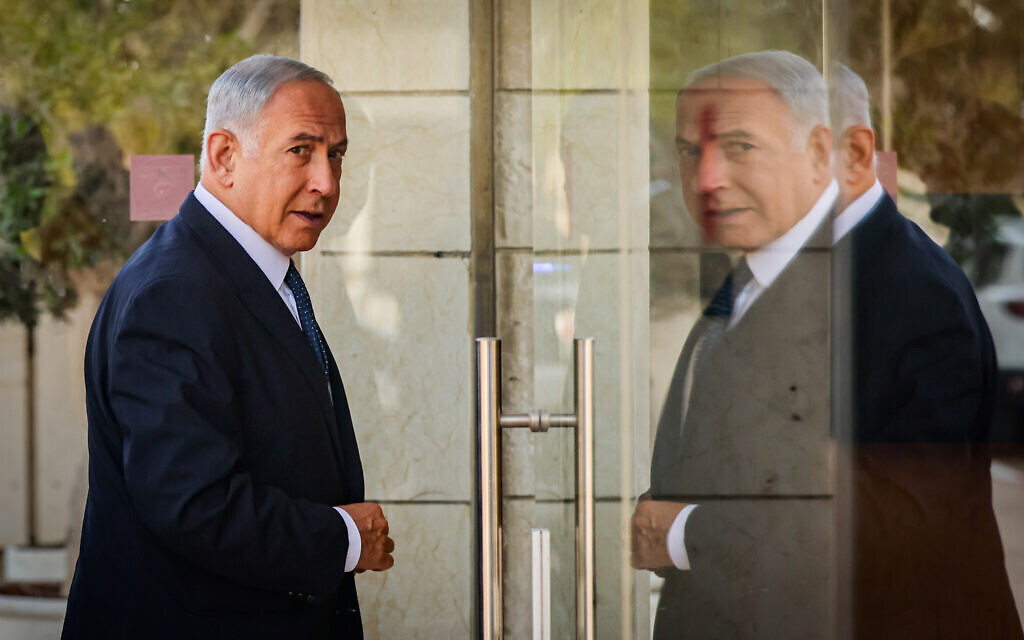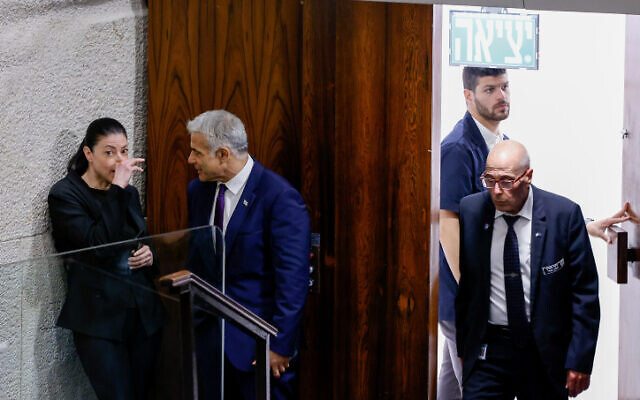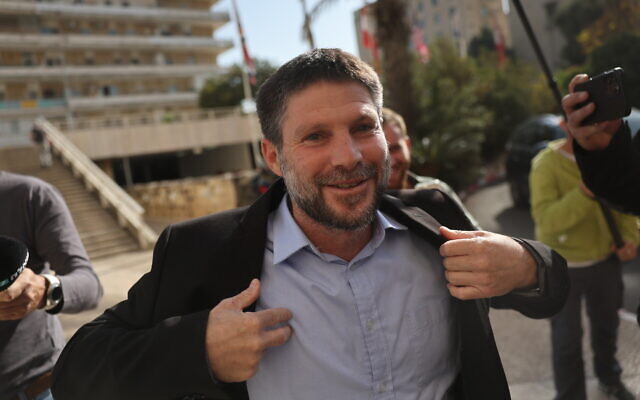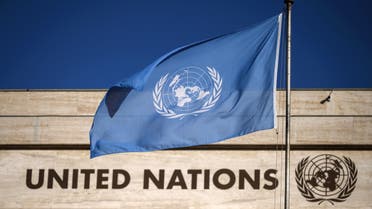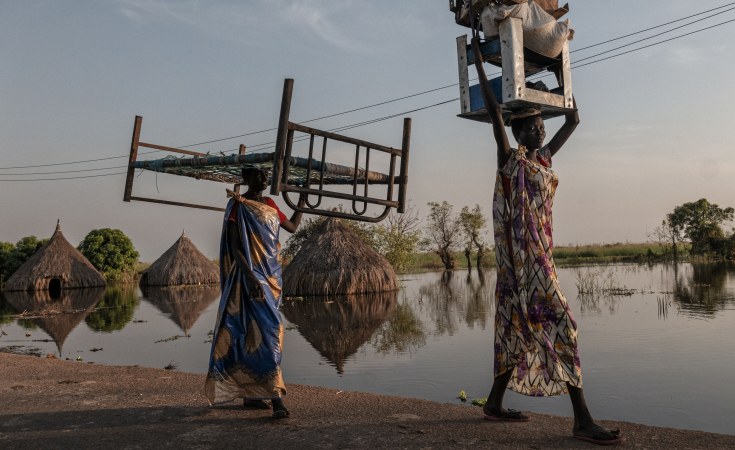No Hindutva or RSS extremism involved in Leicester violence; influencers spread false narrative: UK think tank
By Oneindia Staffer
| Updated: Sunday, November 6, 2022,
London, Nov 06: A UK-based think tank has denied any possible role of the Hindutva extremism or the RSS in the recent Hindu-Muslim clashes in Leicester and Birmingham. It has blamed a few social media influencers for peddling fake narratives to instigate the violence, which erupted after an Asia Cup cricket match between India and Pakistan on August 28.
"Contrary to press reports at the time, the investigations did not find Hindutva extremist organisations operating in Leicester, but instead discovered a micro-community cohesion issue falsely presented as an issue of organised Hindutva extremism and terrorism," the UK think tank Henry Jackson Society said in its report.

No Hindutva or RSS extremism involved in Leicester violence (Photo credit: PTI)
How Influencers Spread False Narrative?
The report written by Charlotte Littlewood, who is a former counter-extremism coordinator, points out an influencer with over 6 lakh followers calling people to stand against Hindus in Leicester. In the clip, he denigrates Hindus, celebrates street confrontations and calls for the crowd to come out against the 'Hindutva'.
The report states that influencers, one who has been convicted on terrorism charges, one who praised the suspected mastermind of the Bombay bombings and one who has offered prayers to the Taliban and was reported to have offered prayers to the brothers of an ISIL fighter, have inflamed community tensions spreading fake news.
In another clip, an influencer with over 800,000 followers asked the Muslim community to "protect themselves against Hindu fascism" and wrote, "Muslim patrol in Leicester."
Further, another influencer, who has over 1.5 lakh followers and boasted in the past about having links with D Company in Pakistan, peddled fake news that Hindus had kidnapped a Muslim girl. "Mainstream media outlets have relied on two of the noted influencers who have been providing misinformation. In the immediate aftermath of the protests mainstream media outlets put early emphasis on Hindutva extremism in the UK, further perpetuating the threat against the Hindu community," Littlewood in the 39-page report.
Anjem Choudhary, a radical preacher, jailed for inviting support for the Islamic State group was also linked to the Leicester unrest.
Key Point of Contention
"Evidence points towards a particular community cohesion/ territorial issue between the relatively recent immigrant Hindu Diu Daman community in Leicester and their Muslim neighbours. A key point of contention centres on Diu Daman immigrants moving into an area (LE5) and holding festivals that are perceived to be disruptive by existing residents, including the public consumption of alcohol," the report highlights.
"Evidence of a Hindu nationalist presence in the UK is tenuous. Some organizations have been accused of links to RSS and RSS-linked individuals have visited the UK, this is problematic for community relations and requires further investigation." She added, "Accusations of RSS terrorists lead to a number of Hindu youth temporarily relocating for their safety. There has never been a Hindu extremist terrorist attack in the UK and the youth in question had no affiliation to RSS," Charlotte Littlewood said.
No Organised Involvement of Hindu Extremist
The report clearly states that there was no organised involvement of any Hindu extremist or terrorist groups. However, the false narrative led to the attack on the properties and cars of the Hindus. " "The methods employed have included projections including a false claim of a BJP organized bus, whilst car sharing of anti-Hindutva protestors were in fact taking place; claims of racists, terrorists, extremists, etc; misinformation regarding crimes being committed; attempts to have the uptake of their narrative by the mainstream press and collaborating with political leaders to gain sympathy for their narrative and potentially influence future policy. The successful spread of these claims has led to a security threat posed to the Hindu community and attacks on their places of worship," the report stated.
Media Relied on Influencers
It has also highlighted how the media depended on the said social media influencers instead of providing accurate analysis. "The media has at times conflated the issue by regularly relying on influencers included in this report for comment and focusing on an issue of Hindutva extremism and India politics rather than providing nuanced and accurate analysis of the incidents."
Allegations of Hindutva extremism and RSS terrorism in the UK has resulted in incitements to violence and anti-Hindu hate online, vandalism of Hindu temples, and reports of assaults on the Hindu community and those who have professed support for the Hindu community.
According to interviews conducted by the author of this report, some members of the Hindu community in Leicester are imposing a voluntary a curfew, some have relocated to stay with family or friends until they feel safe to return, some were unable to return to work owing to fears for their personal safety in the wake of the unrest in Leicester, the report claims.

